School dropouts in rural areas are already high. Post-lockdown, they may go up further
The condition of schools operating in rural areas is deplorable. Rural schools stand nowhere in comparison to the urban schools in terms of facilities, technology, and quality of teachers


The Covid-19 pandemic has affected the entire world. Lakhs of people are infected and many people have even died. The figure of infections and death is increasing all over the world. Despite continuous research by doctors and scientists, no panacea for the disease has been found so far.
As corona infection cases are rising in countries across the world, varied research findings are constantly coming up. The infection rate, mortality rate, percentage of people recovering are varying from country to country. The pandemic has taken over the entire world. The whole world has been brought to its knees on the economic front. Apart from the economy, health, education, employment have suffered huge losses in every aspect.
Talking about the education system of the rural areas of India during Covid-19, the situation is not at all good. The condition of schools operating in town and rural areas is deplorable. We can understand it better with the example of Chhattisgarh. Here, the government said that it is not certain that schools would reopen from July. It concurs with the statement of the HRD minister of the country who said that the schools will reopen after August 15.
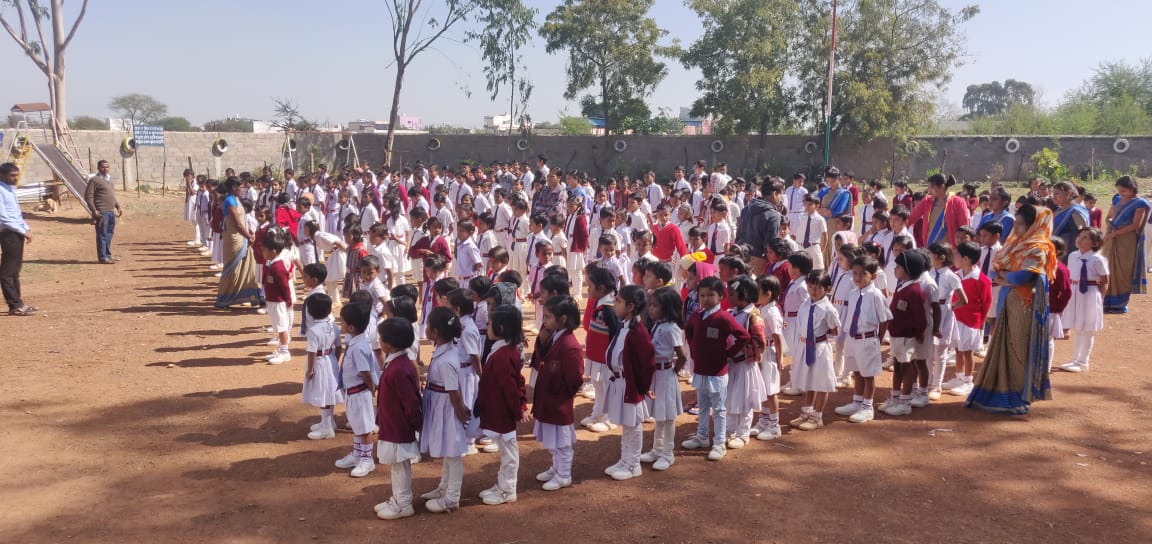
The state government has issued an order to private schools asking them not to charge fees due to the lockdown. All government and private schools are closed. Rural schools stand nowhere in comparison to the urban schools in terms of facilities, technology, awareness of the guardians and quality of teachers. There is a general shortage of facilities in rural schools. There is also a significant difference in the level of teachers.
But the biggest problem is the lack of awareness and education among the parents in rural areas, who are mostly farmers, labourers or odd-job people. Such parents are not able to tutor their children at home. The brunt of the lack of home education and the closure of schools is borne by such children. It is possible that these children may be enjoying this time off as their holidays but they have no idea how badly their studies are going to be affected due to this.
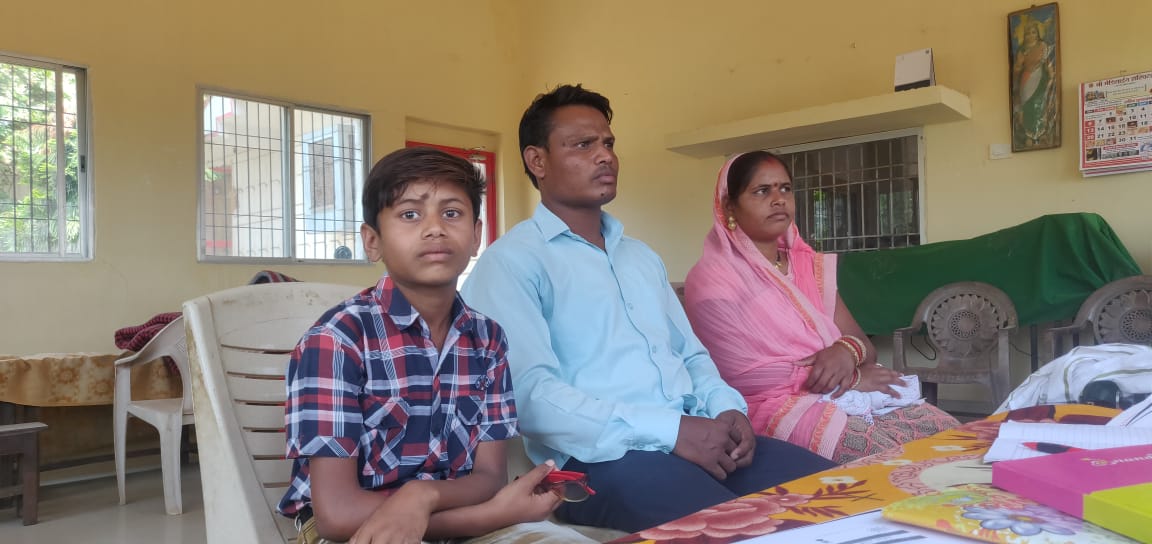
Digital classroom measures are not easy
Most households in villages have access to mobile phones. But instead of every member of the house, usually, only the head of the house has that phone. There is also a large population that does not use smartphones. They still have mobile phones with buttons instead of touch screens. Those who have touch screens are also not comfortable using numerous apps.
For instance, WhatsApp is a popular app, but parents and students are not acquainted with Zoom, Google meets and other kinds of apps that can be used for holding online classes. Teachers also need additional training. Computers or laptops are also not available in the homes of all the teachers. The problem of internet speed, electricity and network coverage is also common in rural areas.
By and large, these challenges stand in way of the digital classroom. Although all these digital measures seem to be very workable and effective in urban settings, they become progressively difficult as one goes deeper in the rural areas.
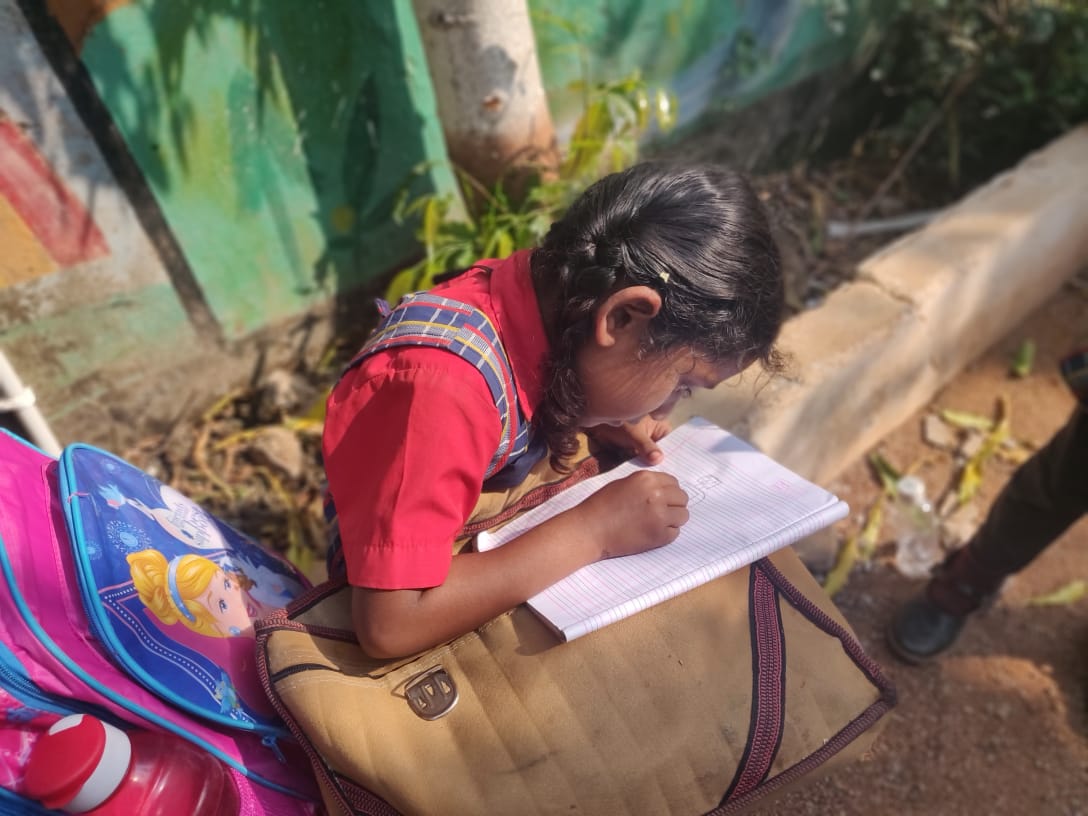
Poor bank balance
The fees of children have not been deposited in schools following the order of the state government. This is posing a lot of difficulties for those private schools which already operate their schools with lower fees. In general, the fees for schools in the town and rural areas are much lower than in cities, which is natural given the economic condition of the farmers.
In these schools, parents do not deposit their children’s fees at the beginning of the year, but deposit a few rupees every month. In rural areas, fees for many private schools are deposited before the final examination, which was not deposited this year due to Covid-19. In such a situation, these schools do not have the capacity to pay even their teachers. If an order is passed for reopening the schools, it will be very difficult for these schools to follow the guidelines of the sanitisation process and social distancing. In the absence of fees deposition, the problem-beset schools are short of money for their school buses, vehicles and maintenance. On top of that, sanitisation and cleanliness measures will prove them dearly expensive. Schools are ill-equipped to safeguarding their students against the risk of infection, so it is possible that numerous schools may have to shut down for good.
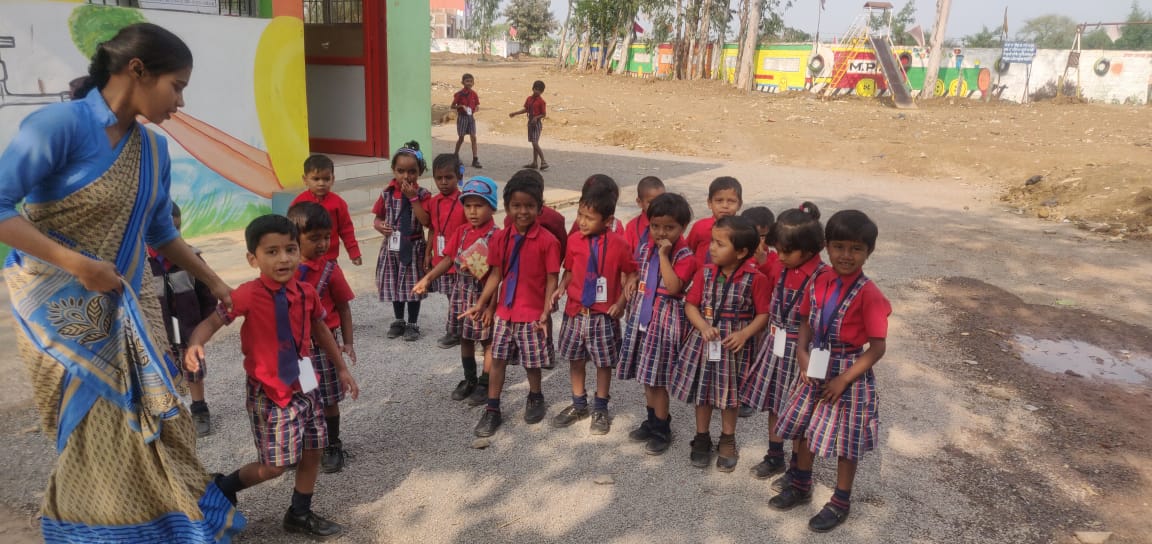
Children deprived of school education
Covid-19 imprisoned everyone in the house, but its worst effect was upon the education of the children. The lockdown before their annual examination weakened the preparedness of the children and for the about last three months, the children were kept away from their studies. The distance is likely to continue for about two more months, it is not certain even after that the schools will reopen.
Thereupon, the children having grown unaccustomed to the studies will have to work harder to turn back to studies. These efforts will have to be put in by teachers, parents and children, but what is the state of each agency that has already been mentioned in the article. There is an apprehension that the dropout rate of children will increase. Due to the lack of proper guidance, many children will not be able to withstand the pressure of studies. In rural areas, there is a high drop-out rate anyway, so it is likely to rise further after Covid-19.
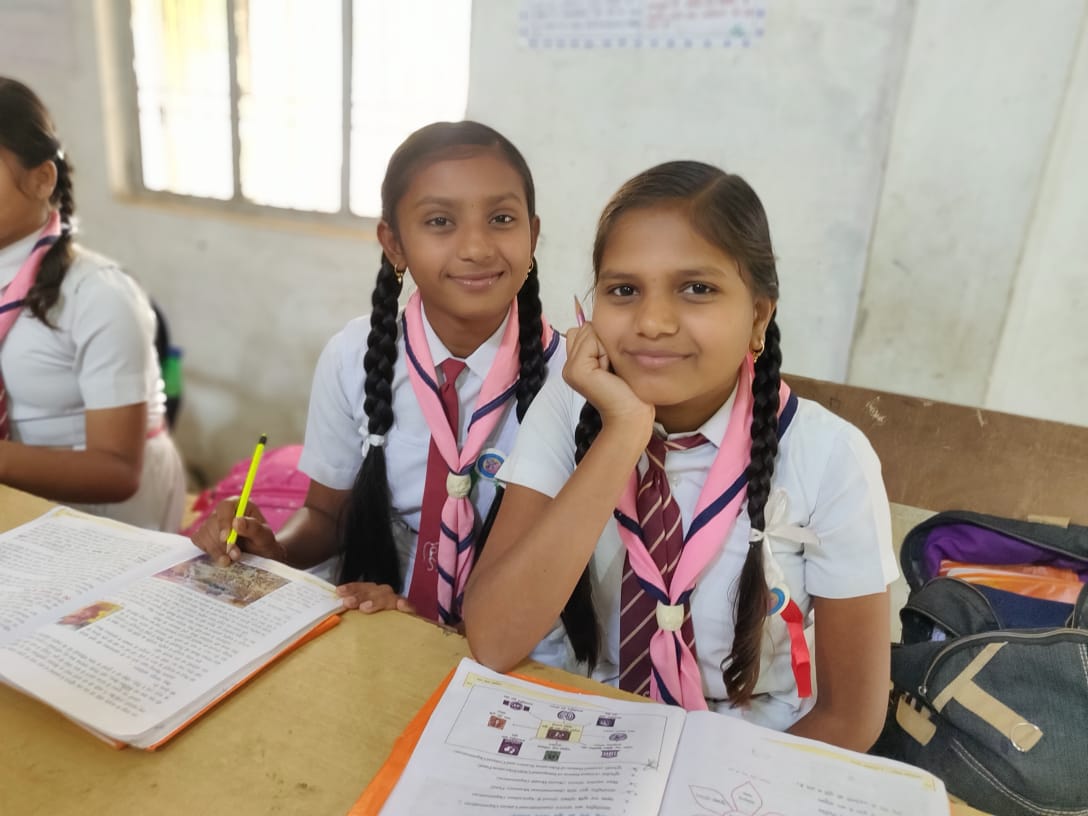
New curriculum and new school calendar to be devised
The usual ten-month school calendar is expected to run for only about five months this year. However, nothing is certain but only a projection is being made. Our education system has been following an almost rigid pattern for the last several years. There is a need to create a new curriculum in the view of the corona epidemic. About this, the schools do not have any information at present. General promotion has been given to children up to Class IX in the state. The teachers have given the marks of the main examinations for the remaining subjects of the children of 10th and 12th as internal marks.
Thus, indiscriminate promotions affect the educational quality of the students. Before corona, schools used to reopen each year from June 15. But there is no possibility of them reopening before August this year. There is a need to create a new curriculum for the coming education session. But it has to be borne in mind that there is to be a similarity between the syllabi of different boards. Otherwise, the students of the CBSE board may find it difficult to transfer to state or any other board.
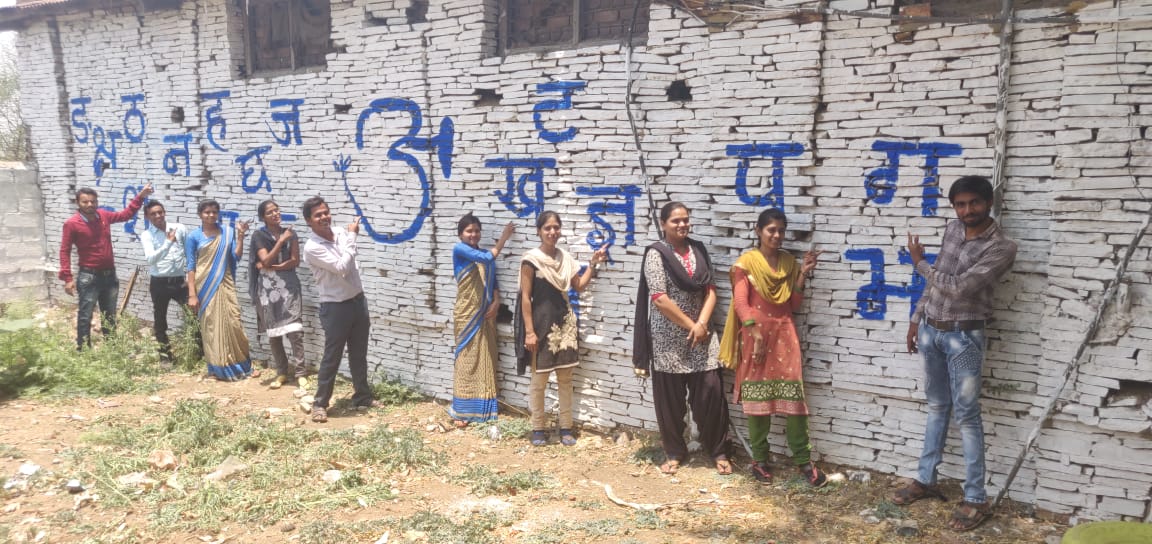
Volunteers need to come forward
Many people have returned to their villages following the lockdown. Many of these are young people who were working in other cities after doing professional courses like engineering, MBA and MCA. They face a job crisis, but at the moment there is no option for them but to stay put in their villages. There are very few people who would return to the cities, that too with great hesitation. These professionals should come forward and help the school children with their studies.
While familiarising teachers and children in their village with use of technology, they can also prepare video lectures for them. Our institution Abhikalp Foundation is working in this direction. We are training some of the youth of the villages by choosing them as volunteers. Since such youth are able to use technology, computers and mobiles run on the internet, there is no difficulty in training them.
After completing their training, they are then devoting the time in helping the students of the village. The project has been launched in 10 villages at present. Overcoming the initial obstacles, a model will be created to launch the scheme in the other parts of the state. Abhikalp Foundation is active since the past many years in the field of rural education and literature and is completely based upon voluntary efforts. While there is a general atmosphere of negativity, fear and distress due to the cases arising out of the pandemic, we hope that our volunteers would offer a ray of hope by providing a solution to the problems of education.
Gaurav Girija Shukla is the founder of the Abhikalp Foundation. The non-profit organisation runs a school for children living in rural pockets in and around Arang, which is the outskirts of Chhattisgarh’s capital Raipur.

